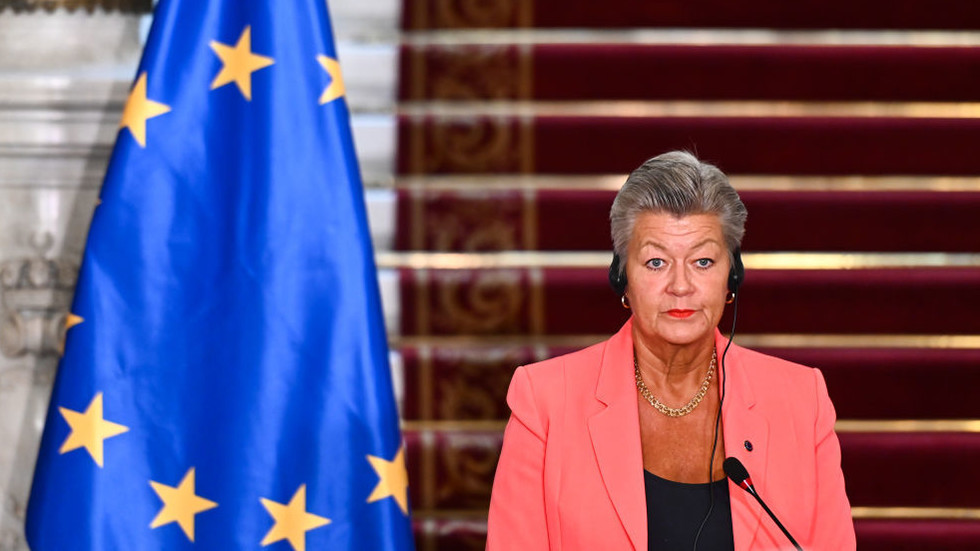Imo State in southeastern Nigeria has introduced new education measures prohibiting kindergarten, nursery, and junior secondary school graduation ceremonies while mandating stricter guidelines for textbook usage. Announced via an August 15, 2025, memorandum signed by Education Commissioner Prof. Bernard Ikegwuoha, the policy aims to refocus schools on academic rigor, reduce costs for families, and standardize curricula across institutions.
Under the changes, formal graduation events will only occur for students completing Primary 6 (ages 11–12) and Senior Secondary School 3 (SSS3, ages 16–17) — stages aligned with Nigeria’s 6-3-3-4 education framework, which structures schooling into six years of primary, three years of junior secondary, three years of senior secondary, and four years of tertiary education. The government described ceremonies for younger cohorts, such as kindergarten or Junior Secondary School 3 (JSS3), as distractions from learning objectives.
Schools are also barred from replacing textbooks yearly, with a new requirement that approved materials remain in use for at least four years. Officials emphasized this would allow families to reuse books for siblings, easing financial pressures. Institutions must adhere to a state-approved textbook list, with deviations risking penalties. Professor Ikegwuoha stated the reforms target “exploitative practices” in some schools, such as frequent mandatory purchases of new materials, while promoting “uniformity in teaching quality” and safeguarding classroom focus.
The policy responds to long-standing concerns about escalating education costs in Nigeria, where families often shoulder expenses for uniforms, books, and extracurricular fees. Analysts suggest the four-year textbook rule could save households thousands of naira annually, though some educators have privately raised logistical questions about wear-and-tear and curriculum updates.
Since taking immediate effect, the directives will reshape long-standing traditions, including elaborate graduation events for early-year students that have become cultural fixtures. While supporters argue the changes prioritize educational equity, critics contend schools might offset lost revenue from events or book sales through alternative fees.
Commissioner Ikegwuoha reiterated that monitoring teams would ensure compliance, calling the measures “essential to maintaining academic integrity and relieving families of avoidable burdens.” The decision reflects broader efforts across Nigerian states to streamline education systems amid economic challenges, though Imo’s dual focus on cost-cutting and curricular standardization sets a precedent likely to draw attention from policymakers nationally.



![pastor okafor recants apology in doris ogala scandal 'I was under pressure’ - Chris Okafor makes U-turn, withdraws apology to Doris Ogala [VIDEO]](https://mediatalkafrica.com/wp-content/uploads/2026/03/xPastor-Okafor-Recants-Apology-in-Doris-Ogala-Scandal-1024x614.jpg.pagespeed.ic.T9TiYNPQPc.jpg)